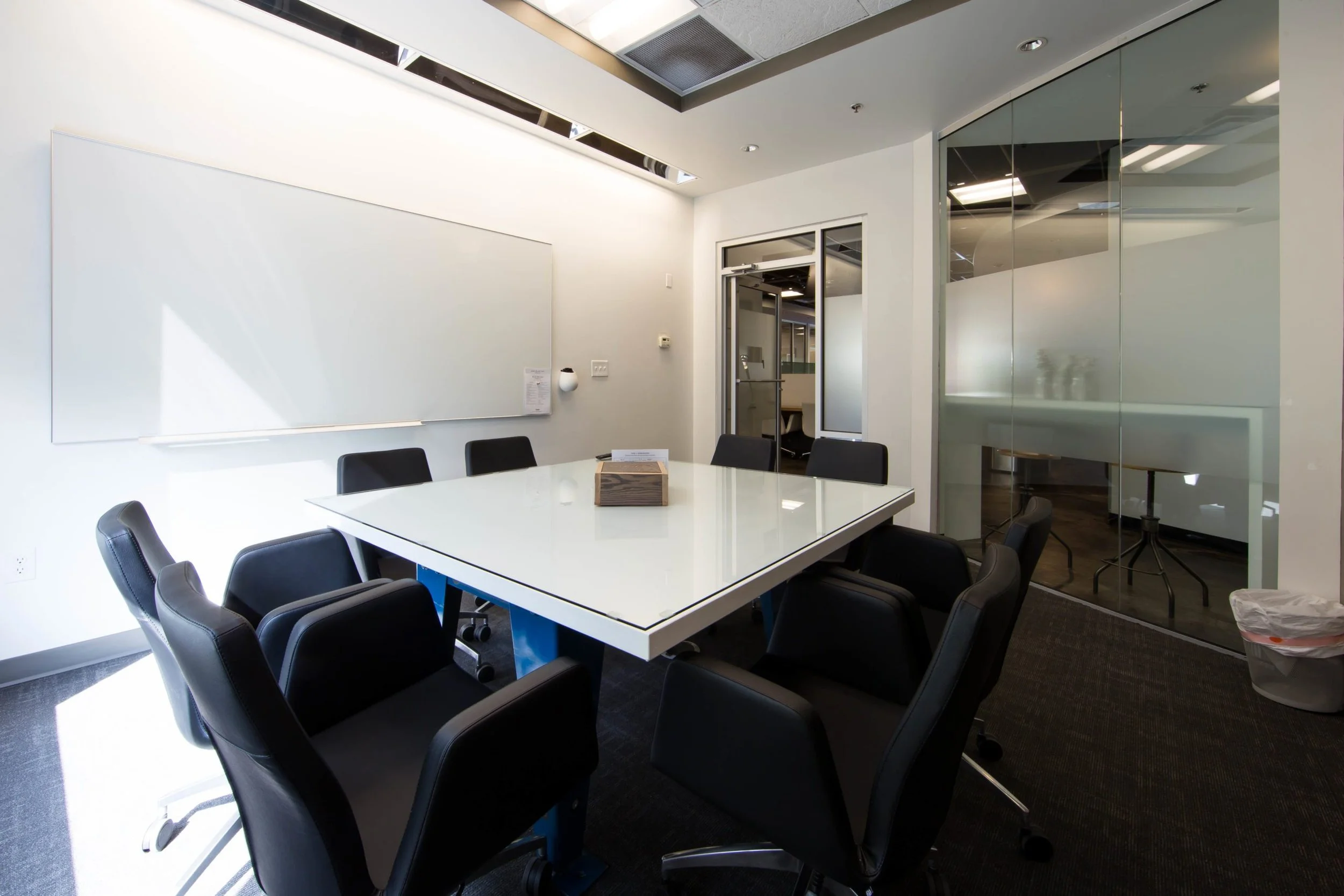Year-Round Programs (Grades 6–8)
Spring Semester Registrations Started!
Our middle school program builds problem-solving and competition skills for AMC 8, MathCounts, Noetic, MOEMS, and Math Kangaroo through a clear, structured curriculum.
Fall and Spring programs are 15-week programs.
Fall Semester (Aug–Dec)
Algebraic reasoning, arithmetic strategies, fractions/decimals/percents, proportional reasoning, exponents & radicals, equations & inequalities, and an introduction to combinatorics (counting, Venn diagrams, permutations, combinations).
Spring Semester (Jan–May)
Number theory & geometry: divisibility, modular arithmetic, Diophantine equations, rational numbers, triangle similarity, and coordinate geometry.
Weekend: Saturdays, 9:30 AM – 11:30 AM
Weekday: Wednesdays, 5:00 PM – 7:00 PM
Location: Roam Alpharetta (Room 7 – Innovate)



